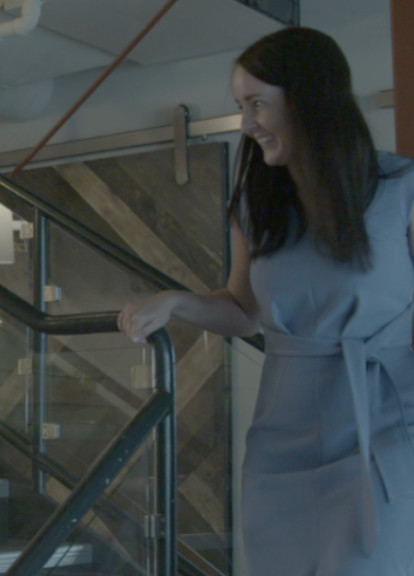
Accidents happen quickly. The experience can be incredibly disorienting, especially for a driver that is injured. The decisions you make immediately following an accident may help you down the line if you need to make an insurance claim. If you’ve sustained injuries in an accident at the fault of another driver, follow these steps to help protect your right to compensation and medical benefits.
- Call 911
- If you do not call 911, report the accident to the police
According to Section 98 of the Motor Vehicle Act, RSNS 1989, c 293, a driver of a vehicle involved in an accident resulting in injury or death to any person, or property damage that exceeds $2,000, must report the accident to the nearest police station within 24 hours. Aside from the legal obligation to call the police if anyone has been injured in an auto accident, a police report is also valuable evidence in corroborating the facts of the case and proving who is at fault for the accident. - Gather information from the other driver and witnesses
At the scene of the accident, exchange insurance information and record the names, addresses, and phone numbers of all parties involved in the car accident, as well as contact information for any witnesses. If you have a cell phone, take a picture of the other driver’s license plate and insurance card. Gather as much information as possible. If the other driver is uninsured or flees the scene (in a hit and run), you still have legal options for getting compensation. - Record the facts of the accident
Record as much detail about the accident scene as you can, such as the date, time, and location of the accident, the direction and speed of travel, the weather conditions, and the condition of the roadway. You should also describe the type of motor vehicle collision, i.e. whether it was a rear-end collision, side swipe collision, T-bone collision, collisions with objects or animal, vehicle rollover, left turn collision, recreational vehicle collision, cyclist collision, pedestrian accident, or other type of collision. A sketch of the accident scene showing how the vehicles were travelling, road names, and any traffic control (ex. stop sign, slow zone) can also be helpful. - Take photographs
If possible, take photos of the car accident scene, including vehicle and surrounding property damage. If possible, do this before the vehicles are moved. Photos of your injuries can also be helpful in documenting the effects of the accident. - Visit your healthcare provider
Whether you’ve experienced serious injury or relatively minor problems, seek treatment from a healthcare professional, such as your family doctor, a walk-in clinic, or the hospital, as soon as possible after the car accident. Documentation of your treatment history is crucial medical evidence if you decide to pursue a personal injury lawsuit. Where medical treatment is recommended, you should follow through on that treatment to aid in your recovery. You can seek reimbursement for any out of pocket expenses, including medical costs. - Notify your own insurance company
Call your adjuster to report the car accident. You will need to provide your insurer with the police report number if you are seeking coverage for damage to your vehicle. Under your insurance policy, you can arrange treatment for your injuries, such as physiotherapy or massage. - Seek legal advice from a car accident lawyer
If you’ve been injured in a car accident at the fault of another person, it is important that you could benefit from speaking to a lawyer who helps injured people dealing with insurance companies. At MacGillivray Injury Law, we offer a free consultation where we will review the facts of your case, including your medical evidence, assess any settlement offers, and explain your legal options.
You might be better off if you spoke to a lawyer before providing a statement to the insurance company and before accepting an offer.
In short: if you are in a car accident, your phone is your best tool. Use it to call 911, take pictures of the position of the vehicles, the damage to the vehicles, and photos of the other driver’s license and insurance.
Request a
Free Consultation
If you would like to learn your legal options at no obligation, contact us today to set up a free consultation.
